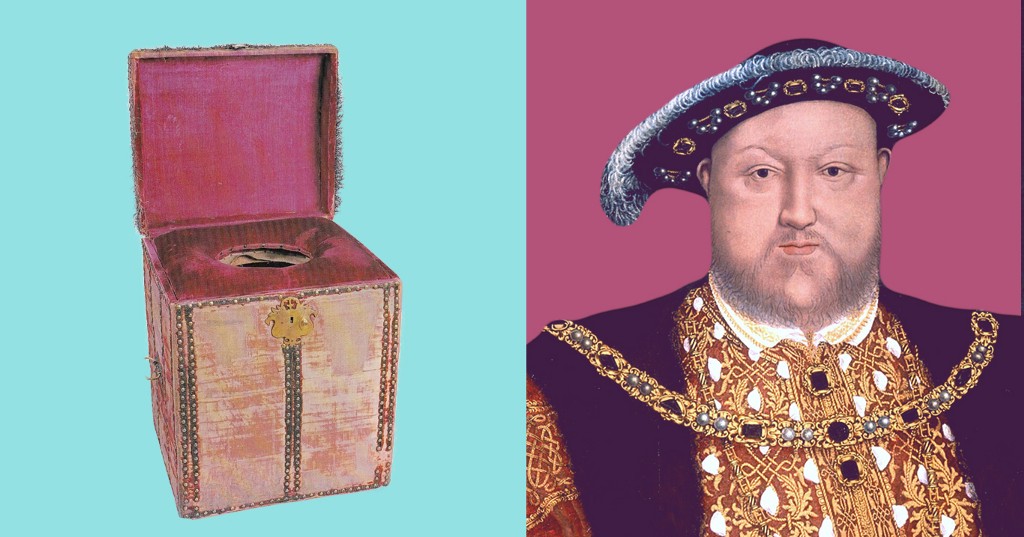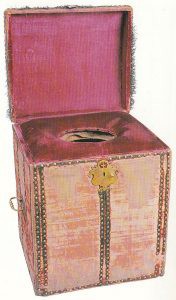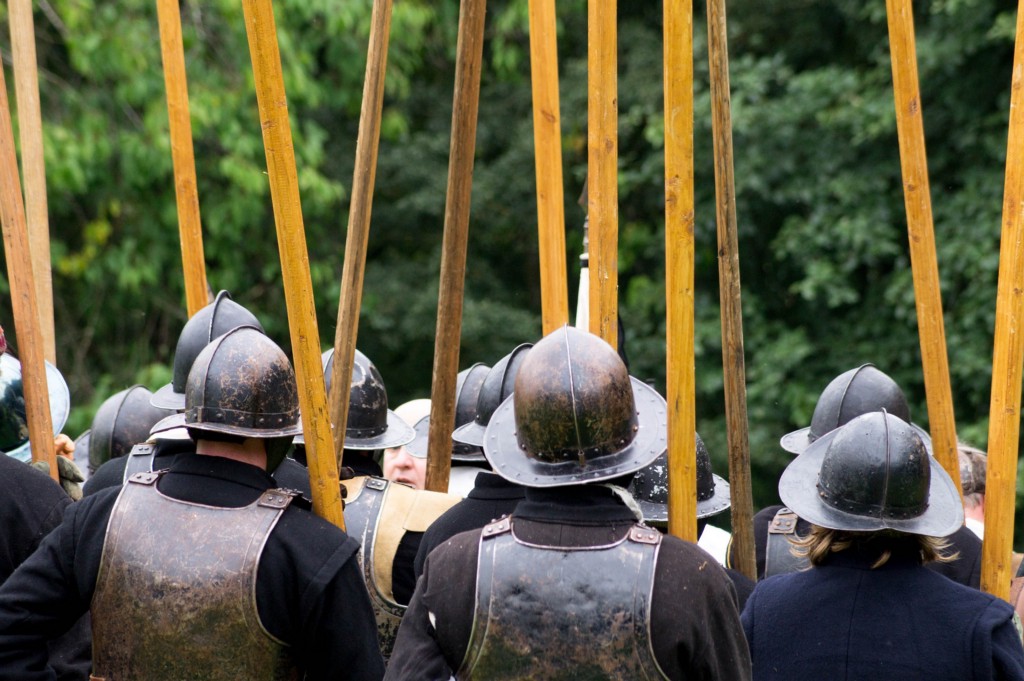Kings Used To Have A Guy Who Helped Them Poop

We’ve all had shitty jobs, but this takes the urinal cake.
Everyone deserves some peace and quiet on the toilet. Everyone, that is, except for past kings of England. It might sound horrifying, but in early modern Britain, monarchs would employ personal attendants to keep them company while taking a dump. Their official job title was Groom of the Stool, and Atlas Obscura describes it as a “highly coveted position.”
The signing of the Magna Carta in 1215 signaled the decline of British absolutism, but 16th century sovereigns still wielded impressive amounts of power. The most effective way to scale the political ladder was to get close to the king — and there’s really no one closer to you than the guy who watches you crap.

The title Groom of the Stool originates from the term “close stool,” which was the name for the king’s toilet. A prestigious position, the Groom was generally a nobleman as opposed to a simple servant. This person likely worked hard to ensure his place in the king’s good graces, and this appointment allowed them to reap the rewards. Some historians believe that the groom’s duties involved wiping the king’s ass, but lack of evidence suggests that this is largely speculative.
Historically speaking, queens opted out of employing a Lady of the Stool. During the 1500s, Queen Elizabeth I employed a servant called Chief Gentlewoman of the Privy Chamber, who temporarily replaced the Groom of the Stool. After Queen Elizabeth’s death, King James restored the Groom’s role.
The Groom of the Stool was a powerful and respected figure. Atlas Obscura states that the Groom was responsible for much of the king’s personal business, including dressing him and making his bed, but he also exercised direct control over the king’s finances. What’s more, these private bathroom talks allowed the Groom ample face time to help sway the king’s opinion. According to Lucy Worsley’s book, If Walls Could Talk, discussions that King James I and King Charles I had with their bathroom attendants may have contributed to the start of the English Civil War.

As time went on, kings began placing a higher premium on their privacy. The Groom of the Stool role disappeared, transitioning into the Groom of the Stole, whose primary purpose was to help dress the king. According to The Tudor Society, the last real Groom of the Stool was James Hamilton, who served King Edward VII when he was still the Prince of Wales. When King Edward came to power in 1901, he completely dissolved the position.
Perhaps there’s a lesson here about what it truly means to scale the corporate ladder. The next time you find yourself stressing about work, take a moment to be grateful you don’t have to watch someone strain to get last night’s meatloaf out.
